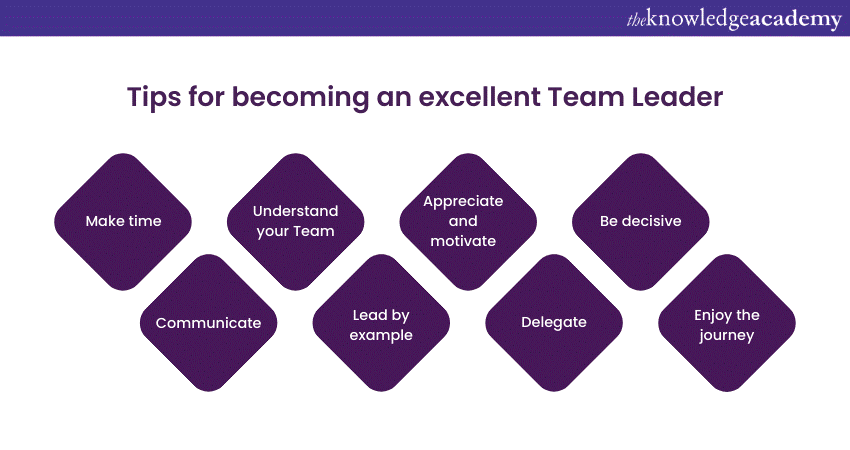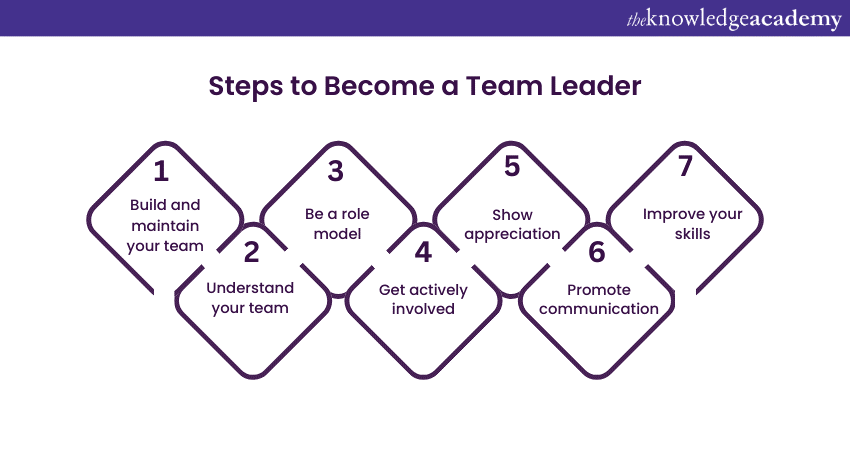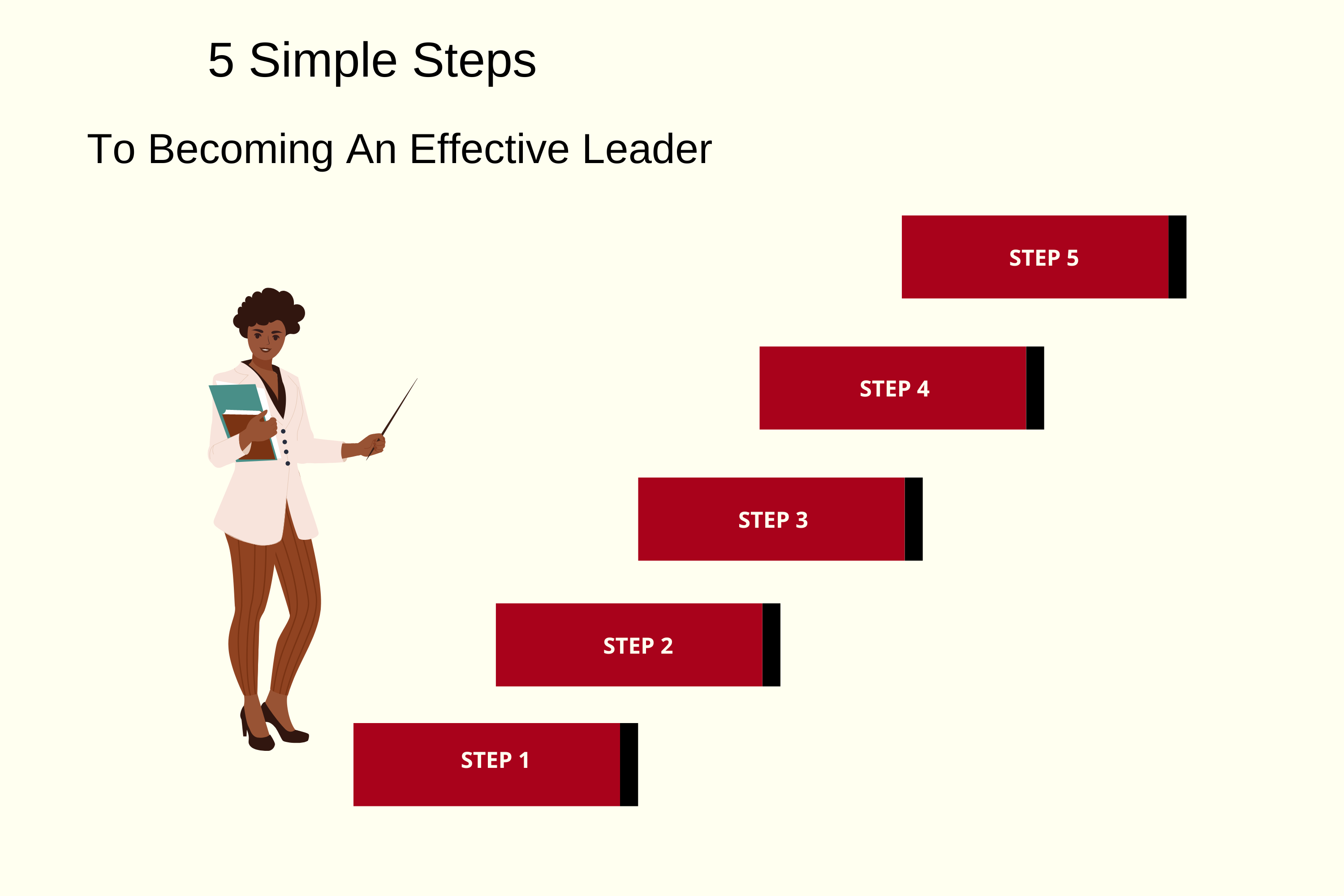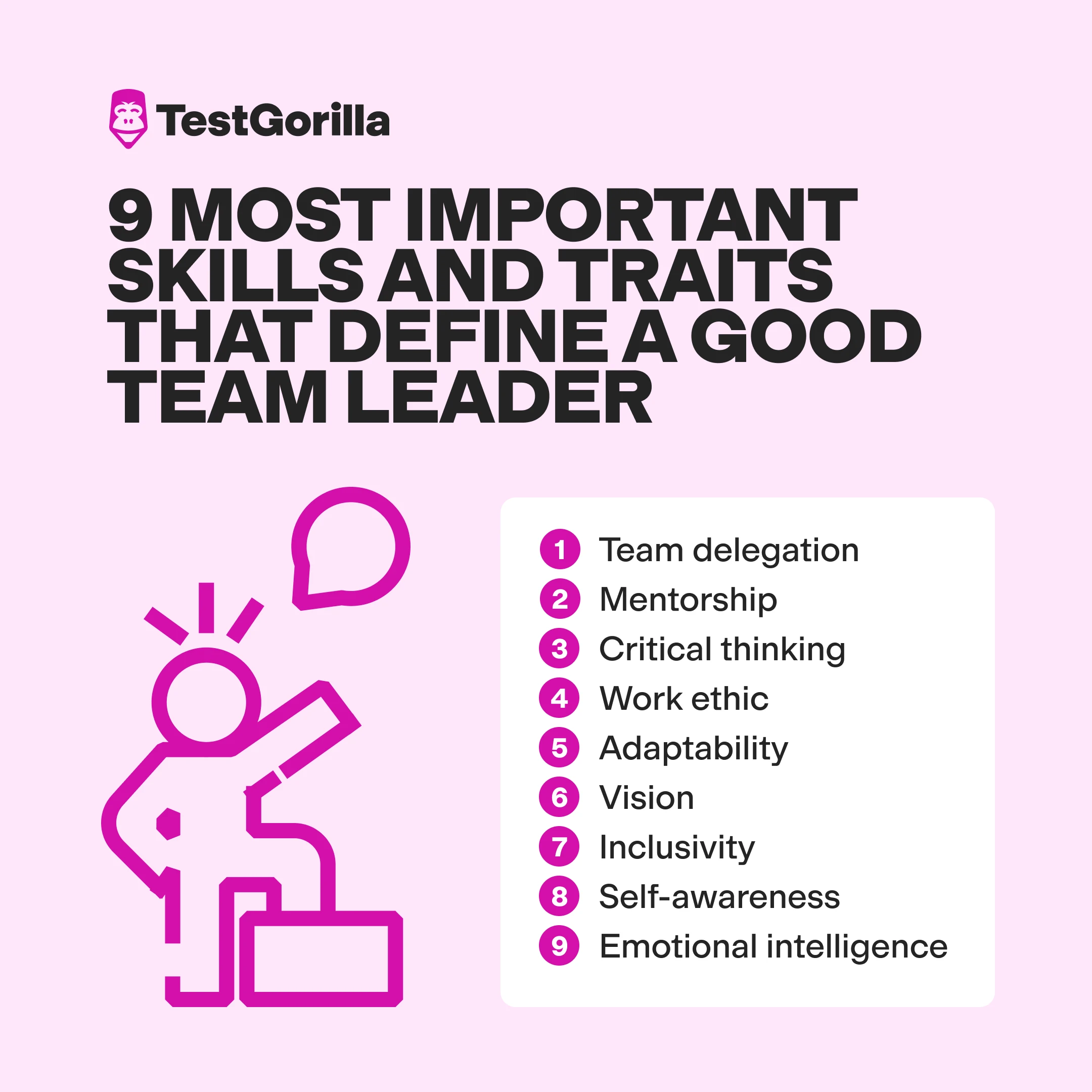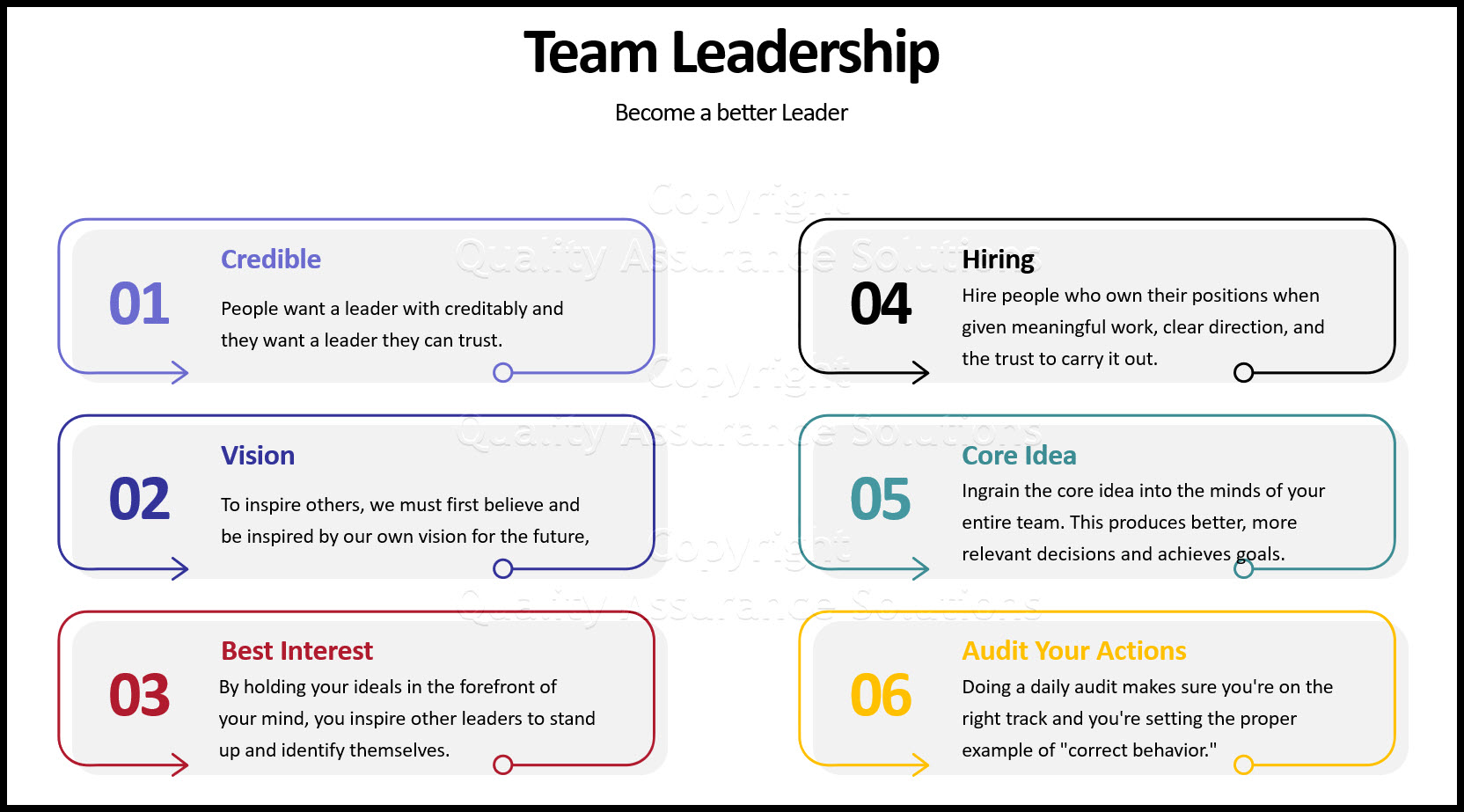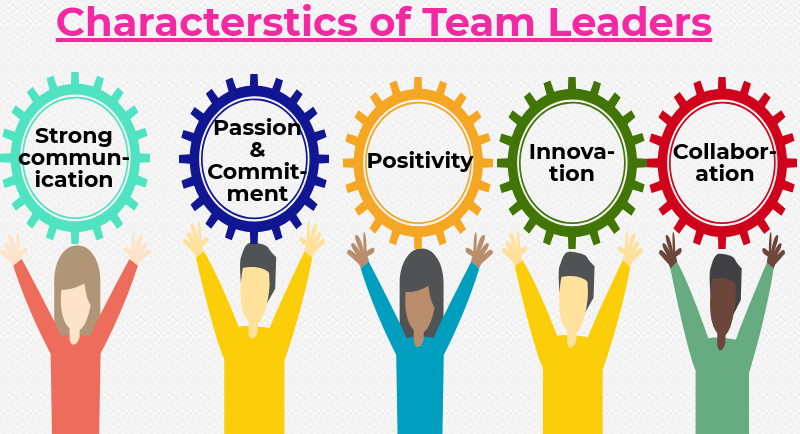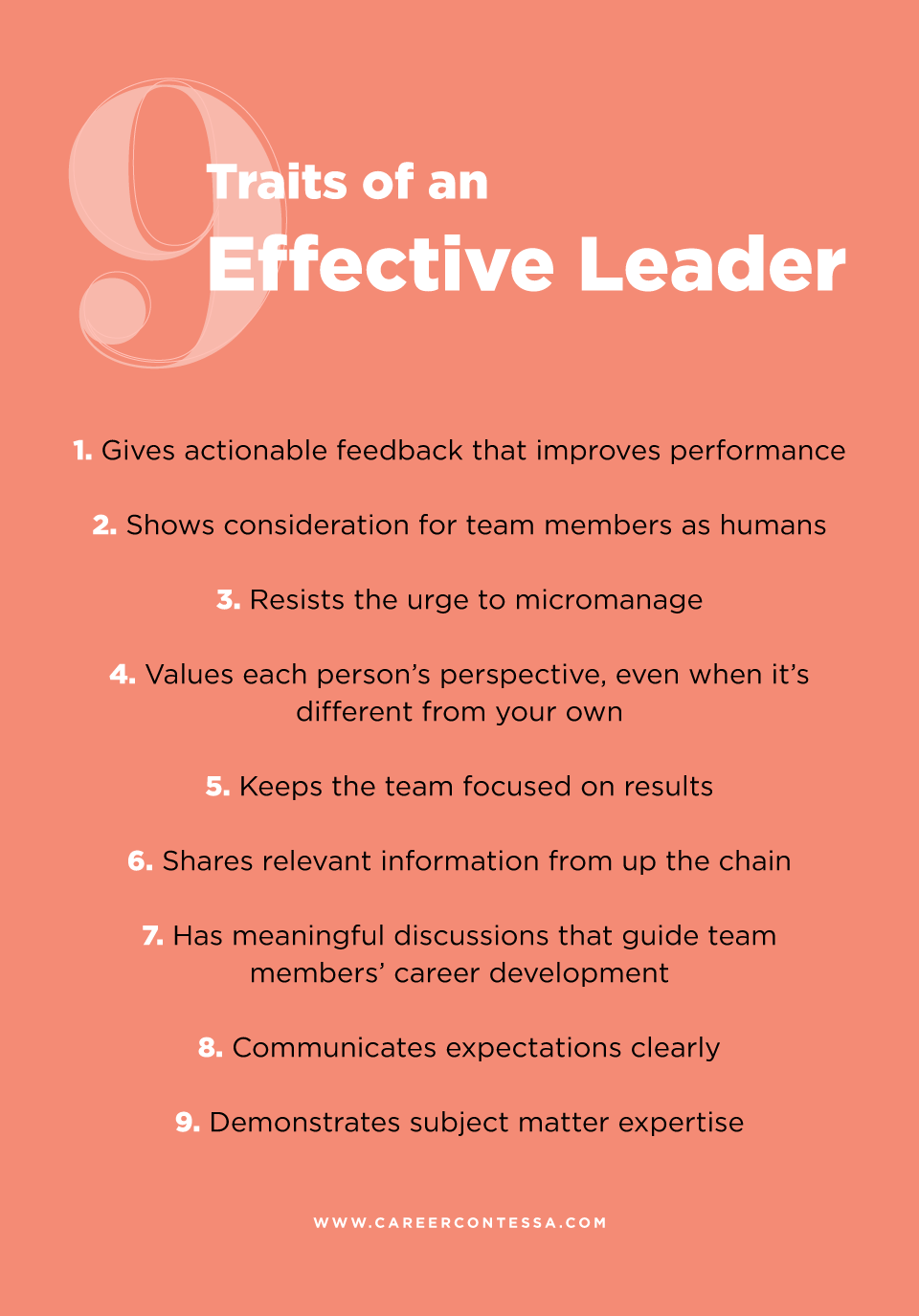How To Become An Effective Team Leader

Team leadership skills are now more critical than ever for organizational success. In today's fast-paced environment, mastering these skills can significantly boost productivity and morale.
This article provides a concise guide on how to become an effective team leader, emphasizing key strategies to immediately enhance your leadership capabilities and drive team performance.
Understanding the Core Principles
Effective communication is the cornerstone of any successful team. Leaders must articulate goals clearly and provide regular feedback to keep everyone aligned.
Empathy allows leaders to connect with team members on a personal level, fostering trust and understanding. This connection helps in resolving conflicts and motivating individuals.
Delegation is not about assigning tasks; it's about empowering team members with ownership and responsibility. This builds their skills and reduces the leader's workload.
Practical Strategies for Improvement
Set Clear and Achievable Goals
Ambiguity breeds confusion; clear goals provide direction and purpose. Define specific, measurable, achievable, relevant, and time-bound (SMART) goals for your team.
Regularly review progress and adjust strategies as needed. A study by Gallup found that teams with clear goals are 25% more productive.
Foster a Collaborative Environment
Encourage open communication and idea sharing within the team. Create a safe space where members feel comfortable expressing their opinions without fear of judgment.
Implement team-building activities to strengthen relationships and improve cohesion. According to a 2023 report by Deloitte, collaborative teams are five times more likely to be high-performing.
Provide Constructive Feedback
Feedback should be specific, timely, and focused on behavior, not personality. Start with positive reinforcement and then address areas for improvement.
Offer feedback in a private setting to avoid embarrassing the individual. Regular feedback sessions are crucial for continuous improvement.
Lead by Example
Your actions speak louder than words. Demonstrate the behaviors and values you expect from your team members.
Be punctual, respectful, and committed to the team's success. A leader's integrity is fundamental for building trust and credibility.
Invest in Team Development
Provide opportunities for team members to enhance their skills and knowledge. This could include training programs, workshops, or mentorship opportunities.
Encourage personal and professional growth within the team.
"Investing in employees’ development not only boosts their skills but also increases their engagement and retention," Harvard Business Review noted in a recent article.
Addressing Challenges
Conflict is inevitable in any team environment. The key is to address it promptly and fairly.
Mediate disputes, facilitate open dialogue, and find mutually acceptable solutions. Effective conflict resolution is essential for maintaining team morale and productivity. Ignoring conflict can lead to resentment and decreased performance.
Recognize and reward team accomplishments. This reinforces positive behaviors and motivates team members to continue striving for excellence. Simple gestures like public acknowledgement or small bonuses can have a significant impact.
Next Steps
Begin implementing these strategies immediately. Start with small changes and gradually build upon them.
Seek feedback from your team members to assess your progress and identify areas for improvement. Continuously refine your leadership approach based on the team's needs and the organization's goals.
Monitor team performance and celebrate successes. Leadership is an ongoing journey, requiring constant learning and adaptation.




